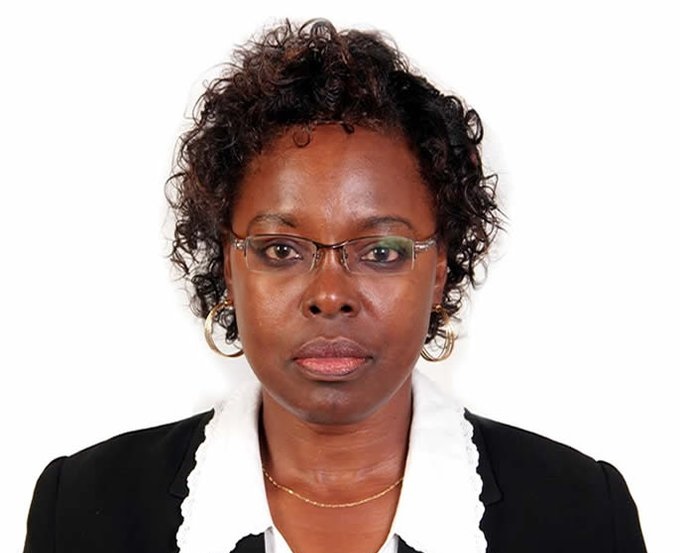Controller of Budget Margaret Nyakang’o. Controller of Budget Margaret Nyakang’o has raised the alarm over huge sums of money spent by the government as commitment fees to “book” new loans.
The fee is paid to potential lenders as a sign of assurance and seriousness to secure a loan facility. It’s not refundable.
They are loans whose agreements have not been signed or have not been utilised.
Nyakang’o said the National Treasury has continued to incur huge amounts of money, running into billions of shillings for the loans.
“Commitment fees is an expense which is lost if you don’t draw down the loans,” she told the Star.
Though Nyakang’o did not disclose the latest amount spent on the commitments, a report she tabled before a senate committee in September showed that the Treasury had spent Sh1.65 billion as of June 30, 2021, as commitment fees on loans.
While the continued expenditure on commitments is a serious concern, Nyakang’o emphasized the need to revise the obligations.
“For some loans, we pay commitment fees for a very long time. There are a few loans that since 2017, we have just been paying commitment fees,” she said.
“We even queried it a while ago because it takes too long to get the loan and we are paying commitment fees, then we better get the loan and do whatever is intended for the loan so that it can generate other cash floors”
She said, “this is better than paying for a loan that we have not received. That is certainly money wasted. It’s a serious concern.”
Nyakang’o said the Treasury has been making commitments with lenders without properly engaging the implementing agencies.She cited Kenya Power and Lighting Company which the Treasury had made a commitment on its behalf but the projects for which the funds were being sought have not matured.“We are asking, if this can be redirected and a new proposal made and the loan facility rerouted, it can help save the taxpayers’ money, Nyakang’o said.She revealed that payments as disclosed, the government continues to borrow billions of shillings from international lenders.As of June 30, 2021, the country’s debt stood at Sh7.71 trillion. This includes Sh4.01 trillion (24.1 per cent) from external debt and Sh3.69 trillion (47.9 per cent) domestic.In the current financial year, debt repayment is budgeted at Sh1.16 trillion or 36 per cent of the total budget.This is the highest component of the budget.Commercial banks constitute 15.5 per cent of the […]
